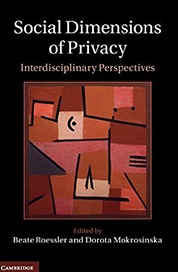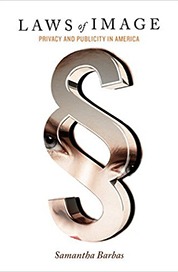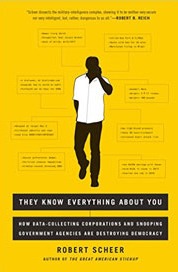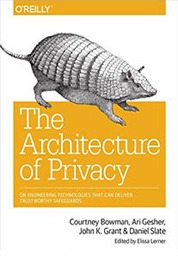Edward McNicholas & Vivek K. Mohan (editors), Cybersecurity: A Practical Guide to the Law of Cyber Risk (2015)
Daniel Solove’s thoughts about the book from his interview with McNicholas: The treatise is a superb guide to this rapidly-growing body of law, and it is nicely succinct as treatises go. It is an extremely useful volume that I’m delighted I have on my desk. If you practice in this field, get this book.










